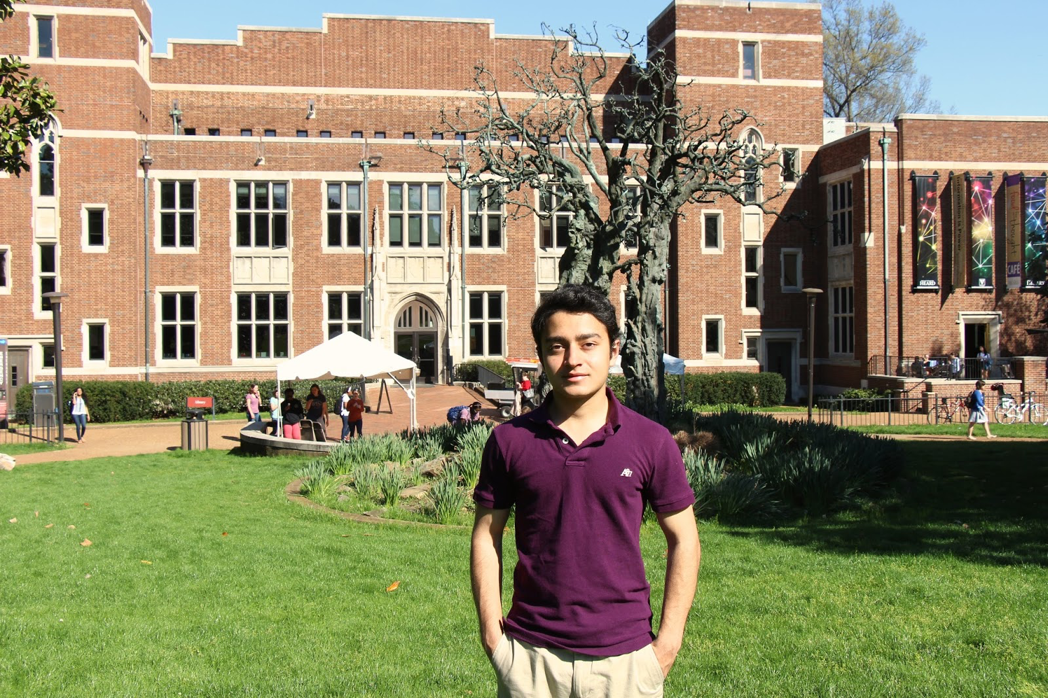On Being an International Student
Arjun Desai, ’19
College of Arts and Science
Growing up in Mumbai, India, I have been provided with a background unlike what the majority of people have experienced growing up in the US. I grew up speaking 3 native languages as well as English and French, and playing cricket, which is the country’s most popular sport. However, I attended an International school and studied the IB curriculum, in order to prepare myself for an education in the US. My parents had planned for me to do my undergraduate studies in the US ever since I was very young, as they knew that the quality of education I would get at a college like Vanderbilt would be unparalleled in India.
The Indian education system is fairly antiquated and therefore relies more heavily on memorization as opposed to understanding and applying concepts to think critically, analyse situations, and solve problems. My parents recognised this issue due to their experience in graduate school in the US, and they switched me to an international curriculum in the seventh grade, and I continued this until high school graduation. As time went by I began to adapt to the new way of learning, and I could let go of the habit of memorising information that I had cultivated over the years in the Indian curriculum.

My professors were more geared towards students wanting to go abroad for their college education, more specifically to the United States. Despite the fact that I’m a STEM major and have always been interested in the sciences, I have always maintained that my IB English class was the class that most changed the way I read and interpreted language. It made me understand how to read between the lines and pick up on underlying meanings that I was missing when I would normally read books and watch movies. By the end of my high school my literature was up to par and I felt comfortable going into an undergraduate education at a college in the US.
Great education aside, there are several things that even going to an international school in a wealthy westernised part of Mumbai can’t prepare you with for moving to another country. Having grown up in a society that is homogeneous and primarily Indian, moving to a country with multiple races, it took me a while to realise what different races meant and why there were constantly racial tensions across the country. Another situation that took some getting used to was classroom interactions. In India we were never allowed to eat in class, and were not allowed to talk unless asked to, whereas in classes in the US, students can essentially say what they want to whenever they feel like it. The idea behind this approach is to improve communication and to learn through understand other’s perspectives, however, it was still a little strange for me to have to give my opinion as I was used to mainly listening during lectures as opposed to participating.
Despite some getting used to, I greatly value my education in the US and am grateful for the preparation that my parents and my international school background provided me with to make my transition as smooth as possible.

Leave a Response